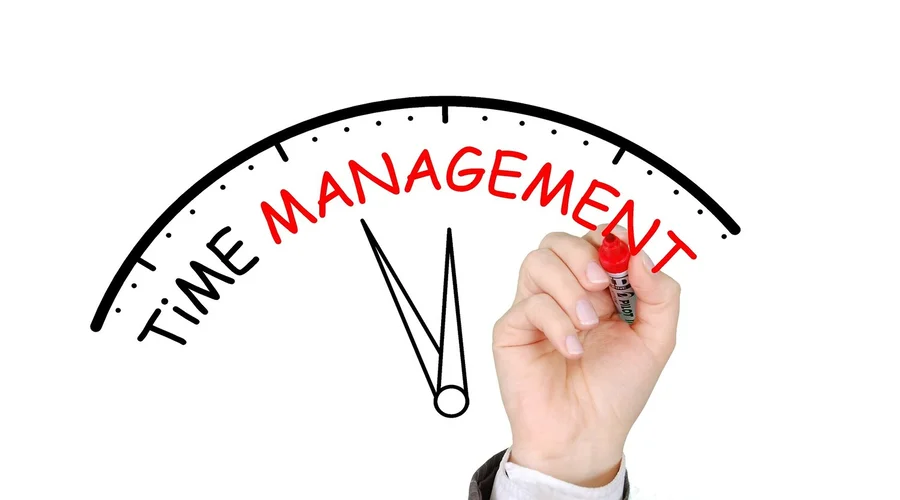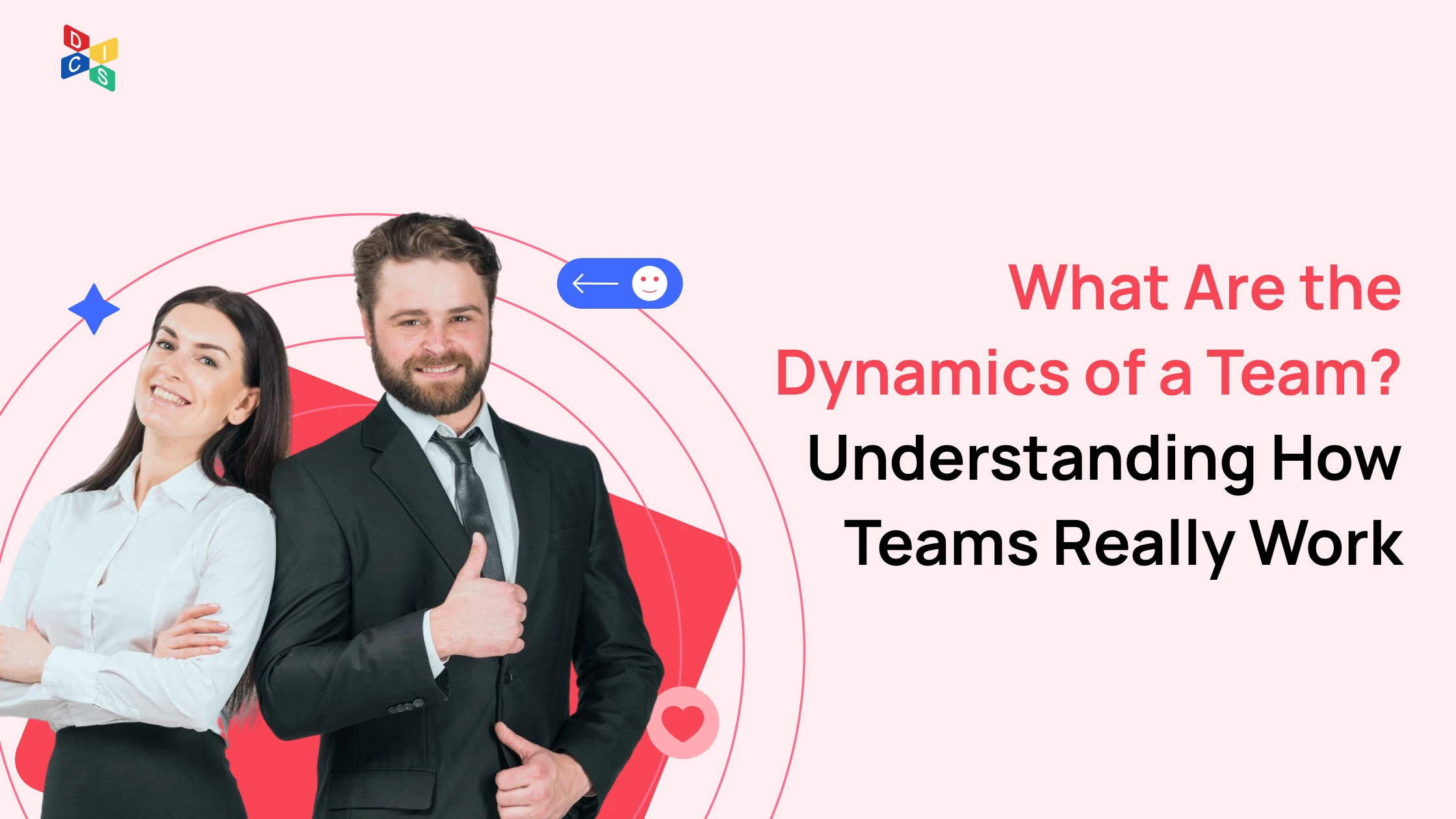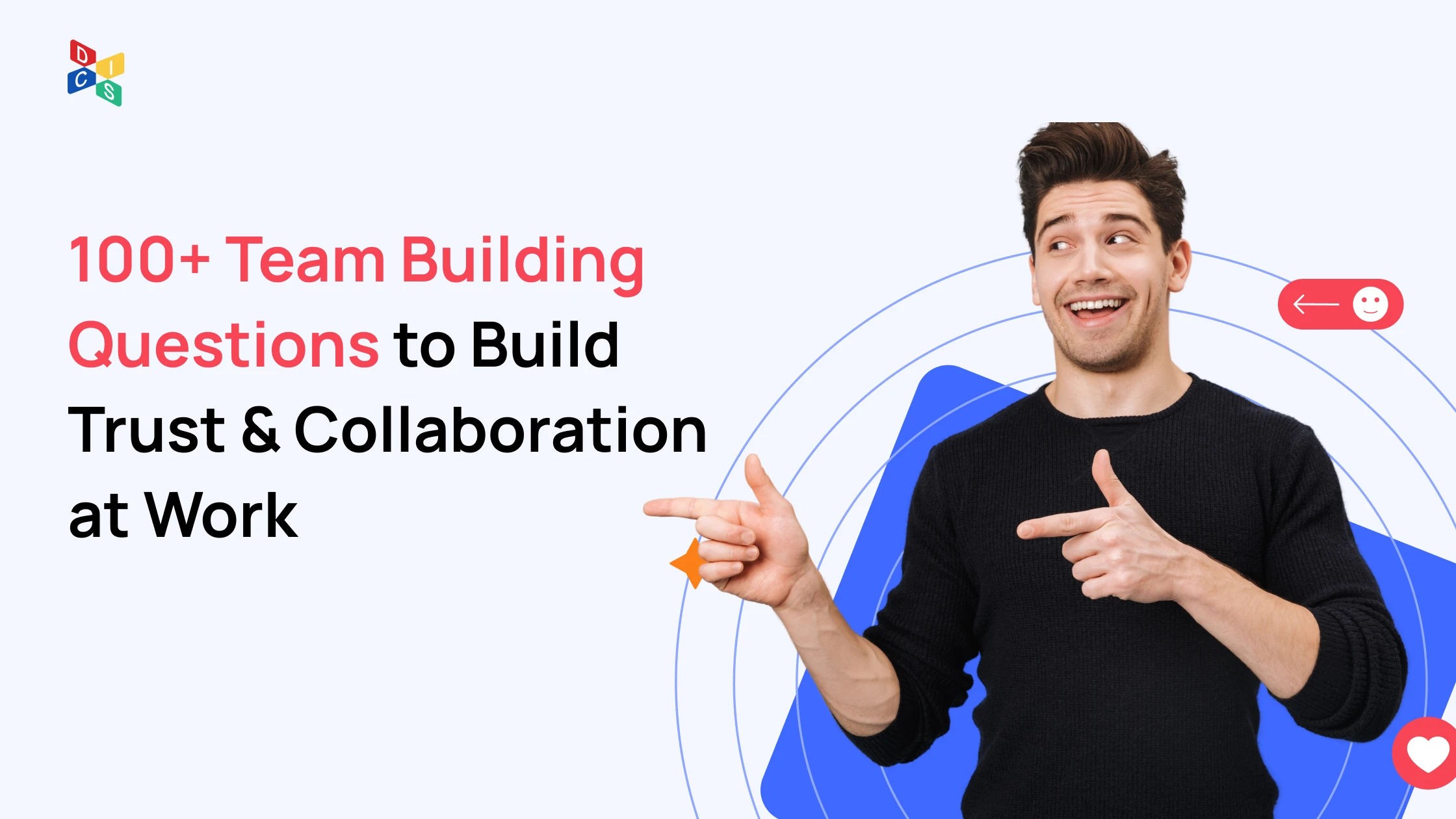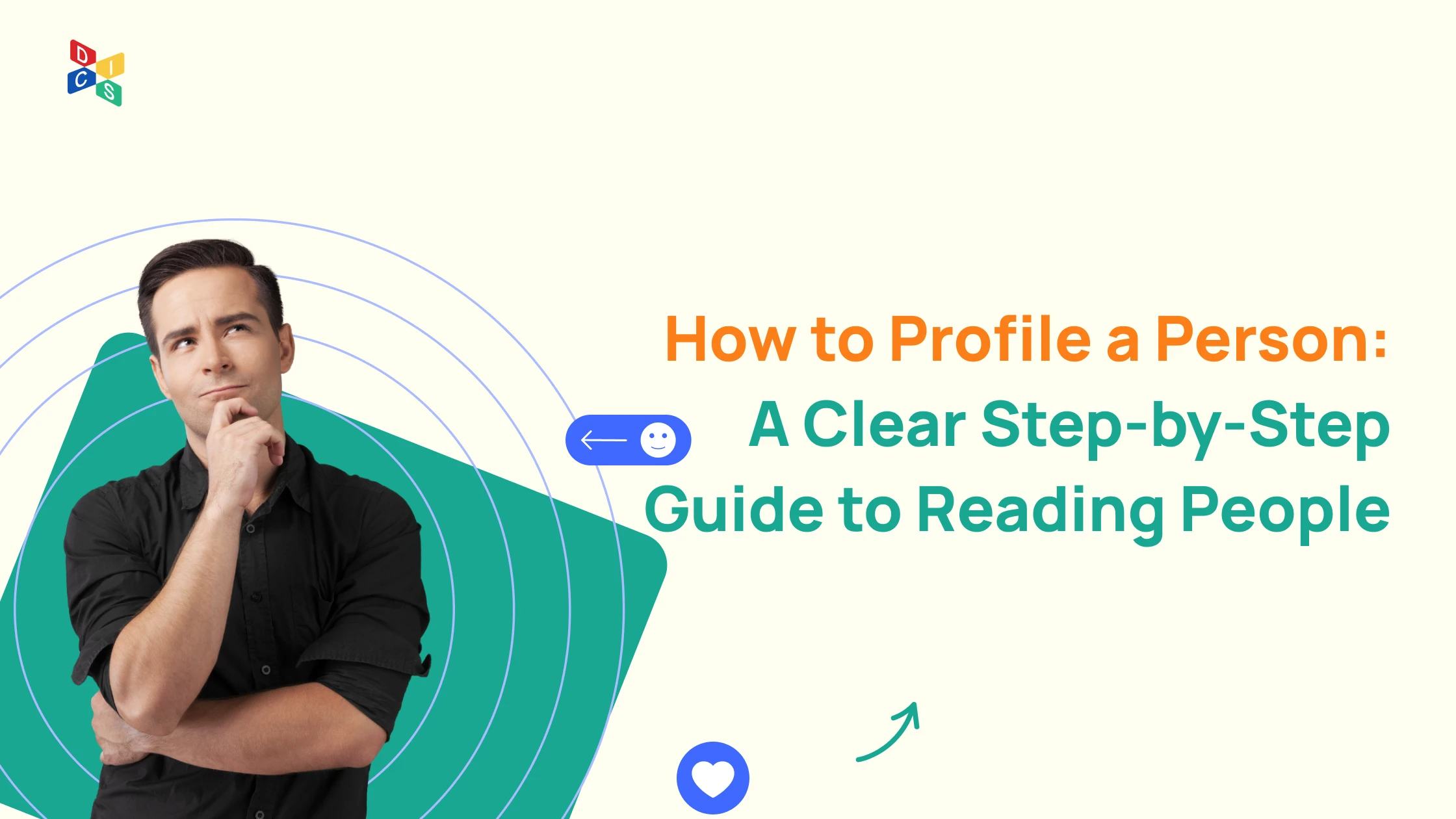Table of content
What Does It Mean To Be Results-oriented? A Mindset For Lasting Success
Learn what does it mean to be results-oriented and how this mindset transforms goals into real outcomes. Boost focus, accountability, and lasting success.
Have you ever wondered what does it mean to be results-oriented - and why some people always seem to get things done while others stay stuck in motion? Being results-oriented isn’t about working harder; it’s about working smarter with purpose, focus, and accountability. This guide will show you how to turn every effort into measurable success and build the mindset that drives real, lasting results. Let’s unlock your full potential.
What Is Result Orientation?
Being focused on outcomes, the phrase what does it mean to be results-oriented shows a mindset that values clear goals and real progress. In simple terms, what is the meaning of results-oriented thinking is about doing work that leads to visible results, not just staying busy. People with this mindset plan their actions, measure success, and stay responsible for what they achieve.
This way of thinking helps professionals stay motivated, use their time better, and reach goals that truly matter.
How Result Orientation Shows Up At Work
Here are some practical results-oriented person examples:
- Setting a specific target like “increase customer satisfaction by 15%” instead of saying “handle more support tickets.”
- Measuring progress with real data such as “cut project delivery time by 20% in six months.”
- Prioritising work that brings visible improvement - for example, enhancing a product feature that increases sales rather than spending time on low-impact changes.
Beyond achieving numbers, being result-oriented also means:
- Staying proactive and adaptable when facing challenges.
- Communicating clearly about goals, progress, and outcomes with your team.
When someone is genuinely results-driven, they don’t just complete tasks - they create impact. That’s the true essence of what does it mean to be results-oriented in today’s fast-moving, outcome-focused workplace.
To understand how different DISC personality types approach goal-setting and productivity in the workplace, read more about DISC Leadership Styles and DISC for Team Building.

Key Characteristics Of A results-oriented Person
When someone asks “What does it mean to be results-oriented?”, the meaning goes far beyond just completing tasks. Being results-oriented is about focusing on measurable outcomes, taking ownership of your work, and aligning every action with a clear goal. In short, what does results-oriented mean is turning every action into measurable progress.
Below are the key traits that define a truly results-oriented person.
Goal Clarity & Measurable Targets
A results-oriented person always knows what success looks like. They define clear, measurable goals and track progress using specific indicators. This habit helps them stay on course and avoid distractions.
They often ask themselves simple but powerful questions:
- What exactly needs to be achieved?
- How will I measure progress?
- By when must this goal be completed?
This clear focus demonstrates what is an example of outcome oriented behaviour - acting with purpose and measuring every step forward.
Prioritisation Of High-Impact Actions
Being busy does not mean being productive. A results-oriented person focuses on what truly drives outcomes instead of spreading effort across too many small tasks.
They choose to:
- Focus on actions that deliver the most value.
- Eliminate unnecessary work that does not affect results.
- Use time wisely to reach goals faster.
Accountability And Ownership
A results-oriented person takes full responsibility for outcomes - good or bad. They do not blame others or external factors when things go wrong. Instead, they learn, adjust, and move forward.
They:
- Accept both success and failure as personal responsibility.
- Track progress and make improvements where needed.
- Stay consistent and committed until the goal is achieved.
Adaptability And Problem-Solving Mindset
Even the best plans face challenges. A results-oriented person stays flexible and adapts to change instead of giving up. They use problems as opportunities to improve their approach.
When obstacles appear, they ask:
- What needs to change?
- How can I adjust to reach the goal anyway?
This mindset helps them maintain momentum even under pressure.
You can explore how different DISC personality types influence work habits and priorities in this post on DISC Personality Types for Careers.
Why Being results-oriented Matter?
Being results-oriented is more than a mindset - it’s a way of working that connects every action to measurable outcomes. For those wondering what does it mean to be results-oriented, it’s about focusing energy on goals that truly matter and create value. Below are key reasons this approach drives lasting success in any organisation.

Brings Everyone Toward A Shared Vision
When people understand what does result oriented mean, they learn to link their efforts directly to a clear goal. A results-oriented culture unites everyone under the same vision.
- Each person knows the purpose behind their tasks.
- Teams align their actions to reach shared results.
This alignment keeps motivation high and prevents confusion. Everyone moves together toward one destination - the company’s larger mission.
Accelerates Goal Achievement
A results-driven approach helps turn plans into real outcomes faster. Instead of focusing on tasks, teams pay attention to progress and measurable goals. For anyone asking what does it mean to be results-oriented, it’s about turning commitment into action that brings visible results.
This mindset:
- Speeds up decision-making.
- Eliminates unnecessary work.
- Keeps teams focused on what delivers the most impact.
When people think this way, goals stop being ideas — they become achievements.
Reinforces Transparency And Accountability
When goals and expectations are clear, everyone knows how success is measured. This transparency builds trust and accountability. In a results-oriented culture, people take ownership because they see exactly what outcomes depend on them. That sense of responsibility strengthens teamwork and builds mutual respect across the organisation.
Maximizes Efficiency And Resources
Being results-oriented helps organisations use their time, budget, and talent more effectively. Instead of doing more, they focus on doing what matters most. This focus reduces waste and boosts productivity. The result is a smarter use of resources - reaching goals faster and with less effort.
Strengthens Communication And Teamwork
Clear goals make communication simpler. When teams understand the results they’re working toward, they coordinate better and share updates easily. This outcome-focused culture improves collaboration and builds stronger relationships between departments. Teams learn to support each other to achieve success together.
How to Create a Culture That Thrives on Results
A results-driven culture helps your business grow with focus and purpose. When you understand what does it mean to be results-oriented, you start to align every goal, task, and review with measurable success. Let’s explore how do you become results-oriented and build a workplace that values performance, not just activity.
Set S.M.A.R.T. goals and align them top-down
To build a strong results-based culture, start with clear goals. Use the S.M.A.R.T. method - specific, measurable, achievable, relevant, and time-bound. It helps your team know what’s expected and how success is measured.
Align goals from leaders to teams so everyone works toward the same outcome. This approach creates structure and purpose.
Use these simple steps to keep goals on track:
- Review progress regularly and adjust when needed.
- Break large goals into smaller, doable actions.
- Keep communication open so everyone knows the target.
When employees understand how their work connects to company success, they stay motivated and accountable.

Recognize performance based on real achievements
Recognition is key to keeping people engaged. Understanding what does it mean to be results-oriented also means rewarding what truly matters - results.
Celebrate wins that drive impact, such as:
- Higher sales or improved customer satisfaction
- On-time project completion
- Innovation that adds measurable value
When you praise real outcomes, employees see their effort makes a difference. This builds trust and loyalty, helping your team maintain strong performance.
Hold people accountable with clarity and support
Accountability is not about control - it’s about ownership. In a results-oriented culture, clarity comes first. Make sure employees know what they’re responsible for and why it matters.
Provide the tools and guidance they need to do their jobs well. Support them with:
- Clear communication of goals and metrics
- Regular feedback and coaching
- Leadership that models responsibility
When people feel supported and trusted, they take pride in their work and deliver stronger results.
Build measurement & cadence
Measurement keeps your strategy alive. Tracking progress through Key Performance Indicators (KPIs) and consistent reviews ensures focus and transparency.
Keep your cadence simple:
- Use monthly or quarterly check-ins
- Review performance dashboards regularly
- Adjust goals when data shows a better direction
Being results-oriented means making decisions from data, not guesswork. Continuous tracking builds a habit of improvement that helps your company grow with confidence.
14 Daily Habits to Become More Results-Focused
Developing consistent habits is essential when understanding what does it mean to be results-oriented. It’s about turning goals into measurable actions and maintaining discipline in your daily workflow. Below are proven strategies that help strengthen your results-driven mindset.
1. Experiment
Being results-focused starts with trying new methods. When considering how do you describe someone who is results-oriented, it’s someone who:
- Tests and adapts to find what works best
- Learns from mistakes and adjusts quickly
- Strives for continuous improvement
Experimentation helps you refine your process and achieve better outcomes over time.
2. Set Clear Goals
To understand what does it mean to be results-oriented, you must define your direction. Clear, specific goals turn intention into action.
Use SMART goals to stay focused:
- Specific: Know what you want to achieve
- Measurable: Track progress
- Achievable: Keep it realistic
- Relevant: Match your priorities
- Time-bound: Set clear deadlines
This approach ensures every effort drives meaningful results.
3. Break Down Big Tasks
Big goals can feel overwhelming. Breaking them into smaller tasks makes progress easier to see and maintain. Each small win builds confidence and momentum. Being results-oriented means working smarter - one manageable step at a time. This habit helps you stay organized, reduce stress, and move forward without losing focus.
4. Manage Your Time
Time is one of your most valuable tools. Managing it wisely is part of what does it mean to be results-oriented.
Plan your day around the tasks that bring real impact. Focus on what moves you closer to success. You can:
- Prioritize high-value work
- Limit distractions
- Schedule short breaks to stay fresh

5. Focus On Fewer Priorities
To understand what does it mean to be results-oriented, learn to focus on fewer goals each day. Handling too many tasks at once reduces clarity and energy. Choose a small number of priorities you can complete within your day. This approach helps you:
- Stay in control of your workload
- Avoid distractions
- End your day feeling accomplished
When you narrow your focus, you perform better and reach consistent results.
6. Plan Ahead
Planning in advance is key to being truly results-focused. A person who knows results-oriented always prepares before acting.
Create a weekly or monthly plan that breaks large projects into smaller goals. Review the previous week’s progress to identify what worked and what didn’t. This habit keeps your workflow organized and ensures that each day contributes directly to your bigger objectives.
7. Prioritize Smartly
To practice results-oriented, you must organize your tasks by importance and impact. A smart priority system helps you stay efficient and productive.
When setting your daily or weekly plan, consider:
- Which tasks are most urgent or time-sensitive
- Which goals have the biggest effect on results
- The level of difficulty and time required
Begin with critical and high-impact work first. This method ensures your energy is spent on actions that move you forward the fastest.
8. Stay Motivated
Motivation fuels a results-oriented mindset. To keep your energy high, mix both internal and external motivations.
- Intrinsic motivation comes from doing work that feels meaningful, satisfying, and challenging.
- Extrinsic motivation comes from rewards or recognition after completing tasks.
Balancing both helps you stay inspired and consistent. Staying motivated is a key part of what does it mean to be results-oriented because it keeps you focused even when challenges arise.
9. Track Progress
Tracking your progress helps you measure success and stay accountable. It’s one of the strongest habits that define results-oriented. Review your work daily or weekly. Write down what you finished, how long it took, and what slowed you down. Identify time-consuming tasks and improve your process.
Keeping track of progress makes your efforts visible and helps you stay responsible for your goals.
10. Network Professionally
To understand meaning of results-oriented, start by building a strong professional network. Connect with co-workers and experts in your field who already use goal-oriented strategies to reach success.
- Learn from how they plan, set priorities, and stay consistent.
- Blend their proven methods with your own to find better ways to achieve your goals.
Networking is more than making contacts—it’s about learning how successful people think and act. When you combine their insight with your discipline, you move closer to becoming a results-driven professional.

11. Find Accountability Partners
Another way to live out what does it mean to be results-oriented is by having an accountability partner. This could be a colleague, friend, or supervisor who helps you stay focused on your goals.
Working with someone who tracks your progress encourages motivation and keeps you responsible for your actions. Check in with your partner often to share updates and celebrate small wins. These regular reviews help you stay positive and push you closer to your targets.
12. Build Strong Habits
Being results-oriented also means forming habits that lead to consistent progress. Set routines that support your focus and discipline, such as:
- Starting work at a fixed time each day.
- Finishing daily tasks like sending emails or reports on schedule.
These small actions, when repeated, build a solid foundation for productivity. Over time, strong habits turn your goal-driven mindset into an effortless routine, helping you reach your objectives with clarity and purpose.
13. Save Time Efficiently
An important part of what does it mean to be results-oriented is using your time wisely. Stay productive throughout your workday by switching between larger and smaller tasks to maintain flow. Take short breaks to recharge and keep your focus sharp.
Time-saving strategies allow you to work smarter, not harder. When you manage your hours efficiently, you spend more time on tasks that create real results rather than getting lost in busy work.
14. Solve Problems Proactively
A true understanding of what does it mean to be results-oriented involves solving problems before they grow. Anticipate challenges that may slow you down and create a plan to handle them early. Keep a backup solution ready so your progress never stops. This proactive mindset shows you’re prepared, confident, and adaptable. By focusing on solutions instead of setbacks, you maintain momentum and reach your goals faster.
If you’re interested in how to leverage your personality type for better productivity, explore DISC Assessment.
Conclusion
Now that you understand what does it mean to be results-oriented, it’s time to put it into action. Start setting clear goals, measure your progress, and focus only on what truly moves you forward. Remember - being results-oriented isn’t just a skill; it’s a mindset that transforms effort into achievement. Embrace it today, and you’ll see how purpose and performance create lasting success.
FAQs
Is being results-oriented always good?
Being results-oriented is beneficial when balanced with ethical work and collaboration. It drives focus, accountability, and achievement. However, if results become the only priority, it can cause burnout or neglect of teamwork. The best approach is combining clear goals with sustainable effort and respect for the process.
How do you measure a results-oriented culture?
A results-oriented culture is measured through performance outcomes, goal completion rates, and employee engagement. Clear KPIs, regular progress reviews, and consistent achievement patterns indicate success. It also shows when teams stay motivated and deliver measurable value while maintaining efficiency and collaboration across all levels.
How long does it take to build a results-oriented culture?
Building a results-oriented culture takes time, often several months to a year. It depends on leadership commitment, clear communication, and consistent reinforcement of goals. When employees understand expectations and see measurable results, the mindset becomes part of the organization’s everyday work culture.
What’s the difference between goal orientation and result orientation?
Goal orientation focuses on setting and planning what to achieve, while result orientation emphasizes execution and outcomes. In short, goal orientation defines the destination, and result orientation ensures you reach it efficiently. Both are essential, but being results-oriented ensures tangible success through measurable achievements.


Don't Let Your Potential Stay Hidden!
Take the DISC test today and discover your unique 'YOU', with deep insights into your true personality and potential.

Represents your instinctive behaviors and desires.
Shows the behavioral tendencies you think you should exhibit in specific situations.
Related articles
You may also be interested in
 Self ExplorationDec 17, 2025
Self ExplorationDec 17, 2025What Are the Dynamics of a Team? Understanding How Teams Really Work
Discover what are the dynamics of a team and how they impact team performance. Learn how communication, roles & personality differences boost collaboration.
 Self ExplorationDec 16, 2025
Self ExplorationDec 16, 2025100+ Team Building Questions to Build Trust & Collaboration at Work
Explore effective team building questions to boost connection, trust, and collaboration in your team. Engage everyone and strengthen your team's dynamics today!
 Self ExplorationDec 10, 2025
Self ExplorationDec 10, 2025How to Profile a Person: A Clear Step-by-Step Guide to Reading People
Learn how to profile a person step-by-step. Master practical techniques to read behavior, understand motives, and identify personality patterns accurately.
